Each month we post the main happenings of the shipping industry. Here is the 3rd edition of this newsletter which highlights the main shipping stories of October 2016.
1. News from IMO
IMO sets 2020 date for ships to comply with low sulphur fuel oil requirement
Mark this date “1 January 2020”. This has been set as the implementation date for a significant reduction in the sulphur content of the fuel oil used by ships.
After this date the fuel used on all the ships would have a global sulphur cap of 0.50% m/m (mass/mass). This decision was taken by the International Maritime Organization (IMO), during its Marine Environment Protection Committee (MEPC), meeting for its 70th session in London.
It represents a significant cut from the 3.5% m/m global limit currently in place. This also demonstrates a commitment by IMO to ensuring shipping meets its environmental obligations.
IMO Secretary-General Kitack Lim welcomed the decision. He said it reflects the Organization’s determination to ensure that international shipping remains the most environmentally sound mode of transport.
Regulations governing sulphur oxide emissions from ships are included in Annex VI to MARPOL Convention.
The date of 2020 was agreed in amendments adopted in 2008. When those amendments were adopted, it was also agreed that a review should be undertaken by 2018 to assess whether sufficient compliant fuel oil would be available to meet the 2020 date.
If not, the date could be deferred to 2025. That review was completed in 2016 and submitted to MEPC 70. The review concluded that sufficient compliant fuel oil would be available to meet the fuel oil requirements.
Wreck removal convention ratified by Finland
Finland has become the 32nd State to ratify IMO’s Nairobi International Convention on the Removal of Wrecks.
The treaty, which entered into force in 2015, provides the legal basis for States to remove, or have removed, shipwrecks that may threaten the safety of lives, goods and property at sea, as well as the marine environment.
The Convention was adopted in 2007 and its Contracting States currently represent just over 60% of the world’s merchant fleet tonnage.
New requirements for international shipping as UN body continues to address greenhouse gas emissions
An important milestone on the road to controlling greenhouse gas emissions from international shipping has been achieved with the adoption of new mandatory requirements by IMO.
Under the new requirements, ships of 5,000 gross tonnage and above will have to collect consumption data for each type of fuel oil they use. These ships account for approximately 85% of CO2 emissions from international shipping. The data collected will provide a firm basis on which future decisions on additional measures, over and above those already adopted by IMO, can be made.
The requirements were adopted by the IMO’s MEPC meeting in London for its 70th session (24-28 October).
IMO Secretary-General Kitack Lim said the new requirements sent a clear signal that IMO was ready to build on the existing technical and operational measures for ship energy efficiency.
The data collection system will equip IMO with concrete data to help it make the right decisions, as well as enhancing its credentials as the best placed and competent forum for regulating international shipping, Mr Lim said.
Under the new data collection system, aggregated data will be reported to a ship’s flag State after the end of each calendar year. The flag State, having determined that the data has been reported in accordance with the requirements, will issue a Statement of Compliance to the ship.
Flag States will be required to subsequently transfer this data to the IMO Ship Fuel Oil Consumption Database.
The IMO Secretariat would be required to produce an annual report to IMO’s MEPC, summarizing the data collected. Data would be anonymized so individual ship data would not be recognized.
The MEPC adopted the mandatory requirements as amendments to chapter 4 of annex VI of the International Convention for the Prevention of Pollution from Ships (MARPOL).
They are expected to enter into force on 1 March 2018, under the tacit acceptance procedure. They added new Regulation 22A on Collection and reporting of ship fuel oil consumption data.
It also has a new appendices covering Information to be submitted to the IMO, Ship Fuel Oil Consumption Database and form of the Statement of Compliance, which would be issued to the ship once the relevant data had been reported.
Other regulations are amended to cater for the new requirement, including those related to certificates, surveys and port State control.
2. Incidents During the month
Ship pilot killed while boarding a ship
A pilot was killed while boarding MV Sunmi in the river thames on 05th Oct 2016. MV Sunmi is a 4100 DWT general cargo ship flagged in Bahamas.
While the investigation is still on, the inadequate pilot boarding arrangements cannot be rules out as the cause of the accident.
Magic pipe cases
In one of the case involving use of magic pipes, two German shipping companies have pleaded guilty.
According to plea agreement, on 5th August 2014, US coast gaurd found that crew had not maintained the oil record book properly. They also found that modifications were made to the piping of the oily water separator.
The company and the USCG has agreed on the recommendations of a criminal penalty of USD 750,000.
3. Shipping Business
The worst is over for container shipping
According to the new report published by Drewry, the Hanjin’s receivership represents the trough of the container shipping market.
Despite continuing concerns of weak trade growth and fleet oversupply, Drewry is optimistic about a gradual market recovery.
But Drewry still expects container carriers to record a collective operating loss of $5 billion this year.
However, this anticipated recovery needs to be put into perspective. While average freight rates are expected to improve next year, this will follow several years of negative returns and will still leave pricing well below the average for 2015.
Fuel prices are also on the increase and carriers are extremely wary of costs. This may support higher freight rates via the bunker surcharge mechanism, but it also increases operational costs.
The fact that the orderbook is at a virtual standstill is a major positive as is rapidly increased scrapping. But even so, the next two years will still be very challenging on the supply side with annual fleet growth of between 5% and 6% and many more ultra large container vessels (ULCVs) to be delivered.
In reaction, the industry is rapidly consolidating by necessity rather than by design. Those carriers who can weather this prolonged storm have a chance of emerging the strongest in 2019/20.
Joint Venture of NYK line, MOL and K-Line
Kawasaki Kisen Kaisha, Ltd., Mitsui O.S.K. Lines Ltd., and Nippon Yusen Kabushiki Kaisha have agreed to establish a new joint-venture company to integrate the container shipping businesses (including worldwide terminal operating businesses excluding Japan) of all three companies and to sign a business integration contract and a shareholders agreement.
This off course is subject to regulatory approval from the authorities.
The new joint-venture company is expected to create a synergy effect by utilizing the best practices of the three companies. And by taking advantage of scale merit of its vessel fleet totaling 1.4 million TEUs.
4. Inspections and deficiencies
MCA Cardiff has detained a Malta registered ship for number of deficiencies including non-payment of the wages to the crew.
“The state of the vessel is bad enough from a maintenance point of view,” explained International Transport Workers Federation (ITF) inspector Tommy Molloy.
“It is self-evident that no money is being spent on the basics and, as is usual with such shipowners, the crew are also not being paid.”
ITF learnt from maritime welfare organisations in Cardiff that the third officer was sacked after the non-payment of the wages was reported to the ITF.
“It seems the company has determined that as he is the only claimant who speaks fluent English it must have been him who called the ITF to complain about not getting paid. This is his reward. In fact he did not call us. The request to visit came from the MCA.”
“We have had similar dealings with this operator before. They have been described as being at the very low end of the industry, and the MLC was designed to give seafarers protection against exactly this kind of sub-standard outfit.”
5. Ports
UKHO launches three new Port Approach Guides for Singapore
The United Kingdom Hydrographic Office (UKHO) has launched three new Port Approach Guides with the support of the Maritime and Port Authority of Singapore (MPA).
The three new Port Approach Guides cover
- Tuas View to Pasir Panjang including Jurong Channel (number 8175)
- Sinki Fairway to Southern Fairway (8176) and
- Southern Fairway to Changi (8177).
Forming part of the UKHO’s global series of Port Approach Guides, each one is a single chart that contains specific passage planning information for the port in question.
We hope that this would also reduce the number of incidents in this area.
6. Video of the Month
Every month we choose one video for our readers and this month we have this video of anchoring incident.
It is important that we know the anchor handling procedures to avoid these kind of accidents.
Conclusion
Joint venture of NYK, K-Line and MOL is a good thing for the container industry. This is followed by the optimistic views of Drewry about the container shipping.
Ship owners need to draw the implementation plan for use of low sulpher fuel on their ships by 2020. Apart from this, ship operators also need to work on collecting the emission data for sending it to the flag of the ship.
That is all from this edition of the monthly newsletter. Share your views on this newsletter and how what you would like us to include in this.
Share this:

About Capt Rajeev Jassal
Capt. Rajeev Jassal has sailed for over 24 years mainly on crude oil, product and chemical tankers. He holds MBA in shipping & Logistics degree from London. He has done extensive research on quantitatively measuring Safety culture onboard and safety climate ashore which he believes is the most important element for safer shipping.
Search Blog
5 Comments


Always appreciate your brief and well organized information. Especially column about Engineer material. As you know it's difficult to study about Engine material alone as Deck officer. Someday if possible hope to see another useful information about it. Thanks again sir.

sir..i like ur all blogs.u give so simple explanation that anyone may understand ...plzz provide a blog for LLMC , Nairobi convention...awaiting of ur reply

Very informative sir
Leave Comment
More things to do on myseatime
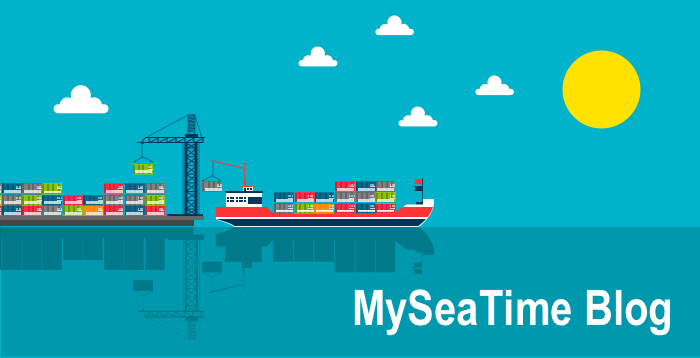
MySeaTime Blogs
Learn the difficult concepts of sailing described in a easy and story-telling way. These detailed and well researched articles provides value reading for all ranks.

Seafarers Question Answers
Ask or answer a question on this forum. Knowledge dies if it remains in our head. Share your knowledge by writing answers to the question

MySeaTime Podcast
This podcast on the maritime matters will provide value to the listeners. Short, crisp and full of value. Stay tuned for this section.

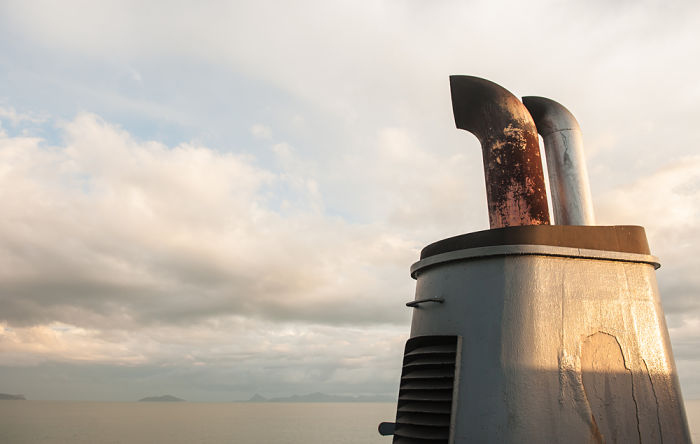
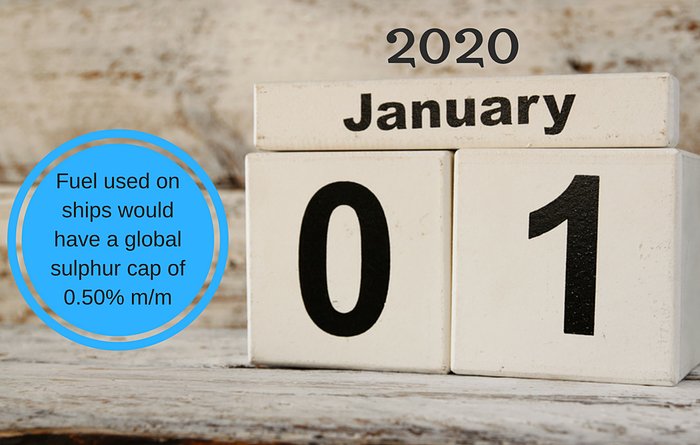
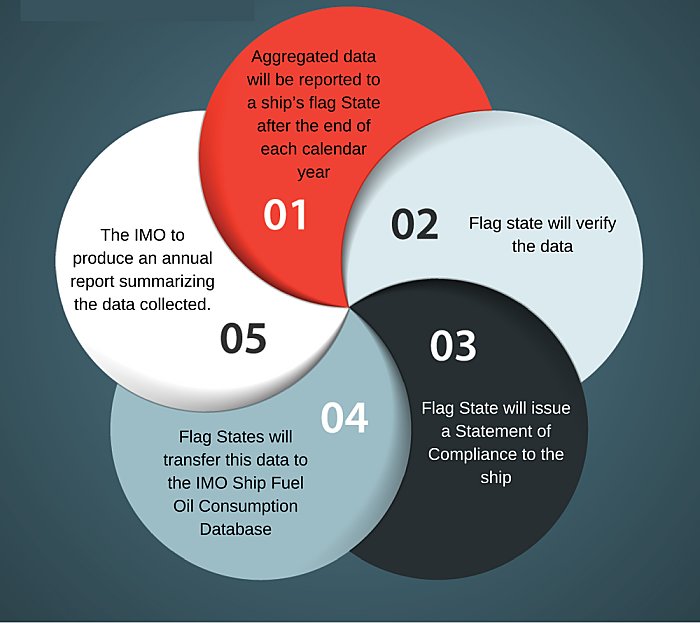
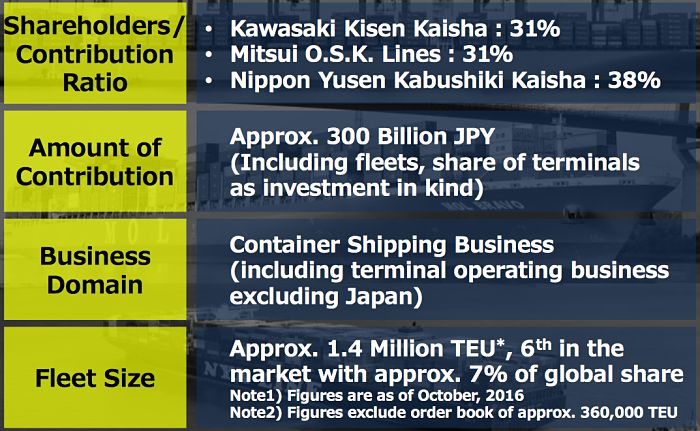
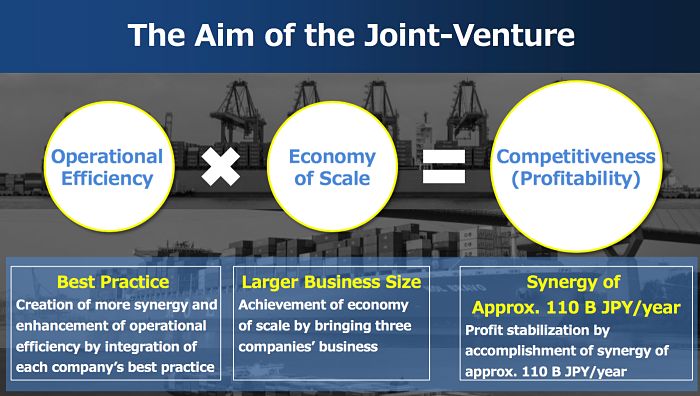
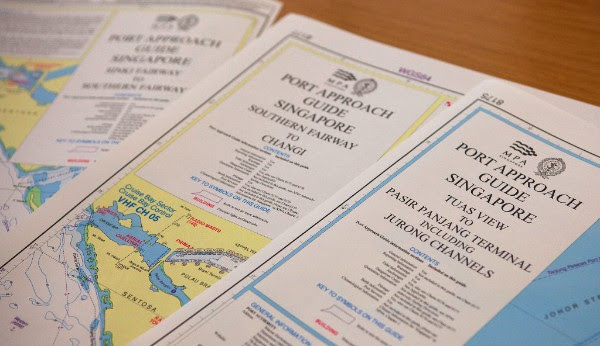
Sir....information you have provided is excellent and really beneficial for me as i m appearing for the 2nd mate oral exams....sir the way you have explaind the different topics...it was really very helpfull...sir but i m not able to access some of the content of this website..topics like rescue boat life boat etc
Glad you found the blog useful Rahul.. I think you should be able to access all the topics. Please drop me a mail if you still cannot.